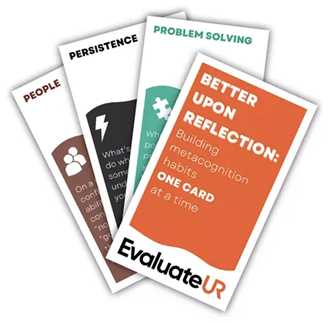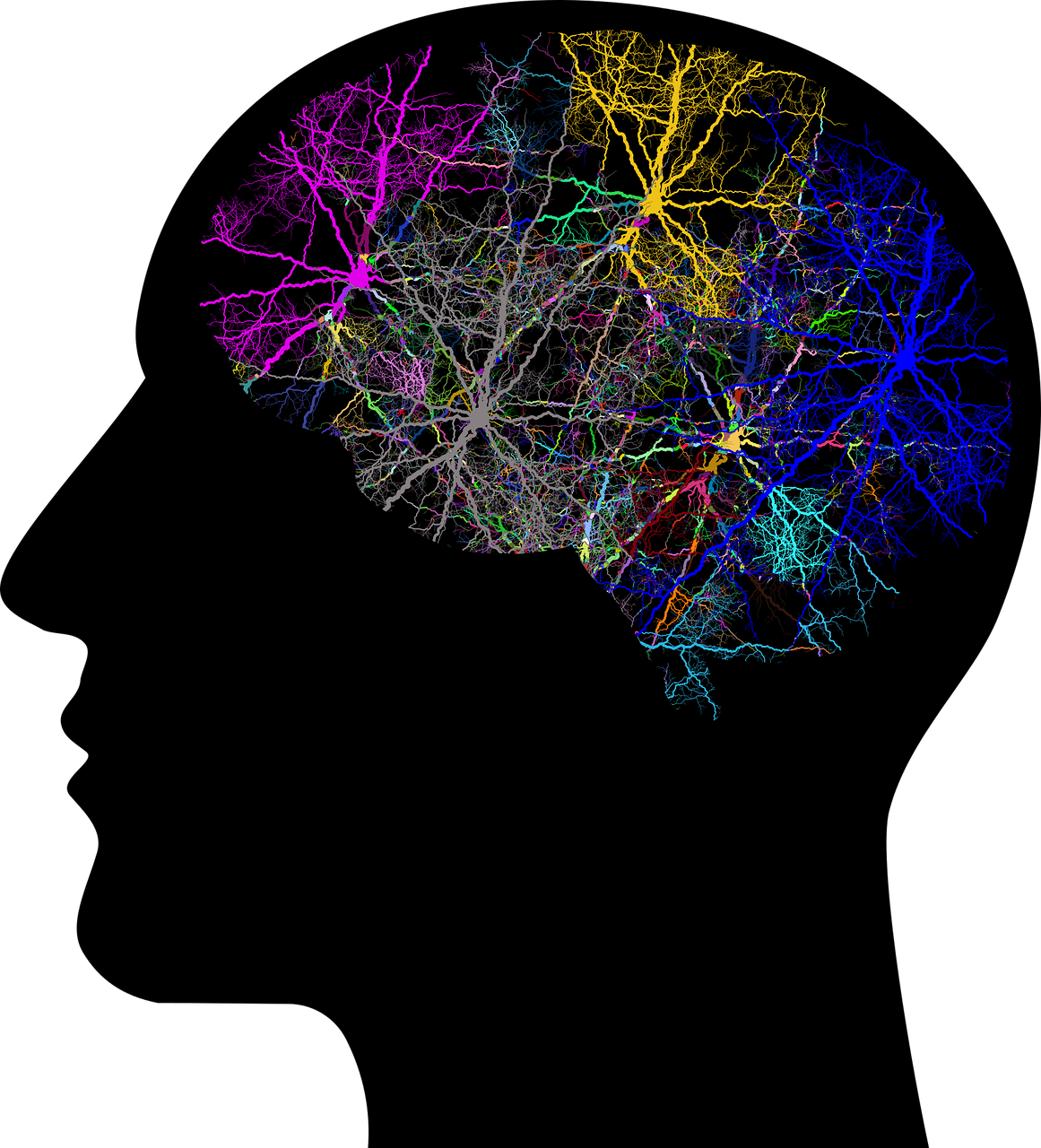| by Melissa Eblen-Zayas, Carleton College | Downloadable |
Description of activity:
I have incorporated metacognitive support activities in the form of written reflections and class discussions to help students develop better approaches to dealing with challenges that arise in open-ended experimental work in an advanced lab course in physics.
Motivations and context:
The advanced lab course is the third of three required intermediate/advanced courses for the physics major that has a significant lab component. This course typically enrolls 18-24 physics majors, and the labs are significantly less scripted than the other required lab courses. The laboratory activities consist of three two-week-long, instructor-designed labs and four weeks of students carrying out an experimental project of their own design.
While some students welcome the move to more open-ended laboratory work, others struggle. Some students are reluctant to take initiative; rather than trying to problem solve on their own, they seek help from course instructors as soon as problems arise. Other students have difficulty developing a strategic approach to troubleshoot the challenges they encounter. To encourage independence in the lab, I have introduced reflection prompts to support student metacognition. Encouraging students to reflect on how they approach challenges and how they will do things differently going forward helps students develop more thoughtful problem-solving approaches in open-ended laboratory work, thereby increasing self-sufficiency and reducing frustration.
Nuts and bolts:
One of the four course goals for the advanced lab course is that students will demonstrate the ability to be reflective on the practice of experimental physics. I introduce the importance of reflective practice on the first day of course, and incorporate reflection activities in both the two-week instructor-designed labs and throughout the final project. These reflection activities account for 10% of the course grade, and most of these reflection activities are graded using a rubric.
1. First day of class. Prior to the first class, I ask students to respond to the prompt: “In two sentences, describe your definition of a successful experiment.” Then I select a number of student statements and share them the first day of class. Although student definitions of a successful experiment vary widely, many responses fall into one of two categories; a successful experiment is a) an experiment that gives a result that is in agreement with what is expected, or b) an experiment in which the experimenter learns something (maybe not what they intended). We discuss these two definitions of successful experiments, and I encourage students to adjust their expectations and appreciate that learning from things that go wrong is still a “success” in the experimental realm. These conversations allow me to introduce the importance of metacognition and the course goal of helping students become reflective practitioners.
2. Reflections on the instructor-designed labs. At the end of every two-week instructor-designed lab activity, I ask students to reflect on their most recent lab and respond to five questions designed to foster metacognition:
- Tell me a bit about how you approached the lab.
- When you ran into problems, what was the strategy your group employed for troubleshooting the problems you encountered?
- What types of pre-reading or additional research did you do to prepare for this lab?
- When you asked for help, who did you seek help from (other members of your group, other groups, your lab assistant, your instructor) and what kinds of questions did you ask?
- What is one thing that you will do differently when tackling labs going forward?
Students write individual responses to these prompts, and I provide feedback using the rubric. When I first began using these reflective prompts, I did not grade them. Grading the responses has increased the quality and depth of the reflections.
3. Reflections on the final project. I ask students to reflect on their final project work throughout the course of the project. Here is a sample of the questions used:
- What did you learn from the process of identifying and refining your final project proposal? What are you most looking forward to and what do you anticipate the biggest challenge will be as you begin working on your final project?
- What aspect of your contributions to the final project demonstrates your strengths and talents and why?
- What is one significant problem that your group encountered when working on your project in the past week, and how did you overcome it or redesign your project to work around it?
- What are your main project goals for the coming week, and how do you plan to pursue those goals?
The format for the responses has varied over the years. Sometimes lab groups respond to one of these prompts during a short oral report to the whole class. Other times, students write individual responses. Still other times, one of these questions serves as the starting point for an in-class discussion. I have found benefits and drawbacks to each of these approaches, and I continue to experiment with the format.
Outcomes:
Including metacognitive support activities in the advanced lab course, being explicit about why reflection is important in experimental physics, and grading student reflective responses has had a positive impact on the quality of student reflections and student attitudes towards the course. Students develop a more self-sufficient approach to tackling challenges that they encounter in the lab, and frustration is reduced. I reported some of the outcomes in a paper presented at the 2016 Physics Education Research Conference. That paper has been published in the conference proceedings:
Eblen-Zayas, M. (2016). The impact of metacognitive activities on student attitudes towards experimental physics, In D. L. Jones, L. Ding, & A. Traxler (Eds). 2016 PERC Proceedings, 104, doi:10.1119/perc.2016.pr.021



